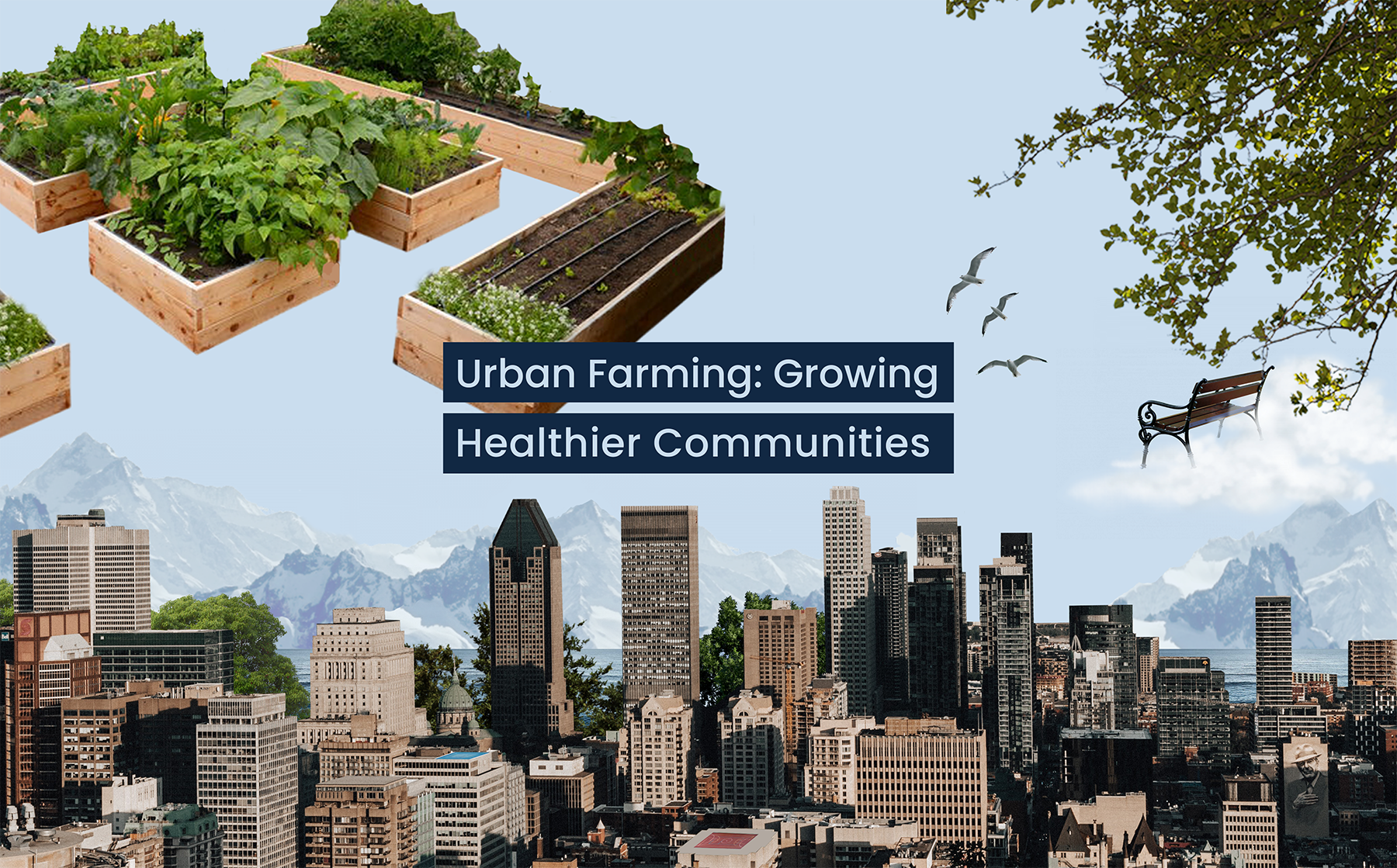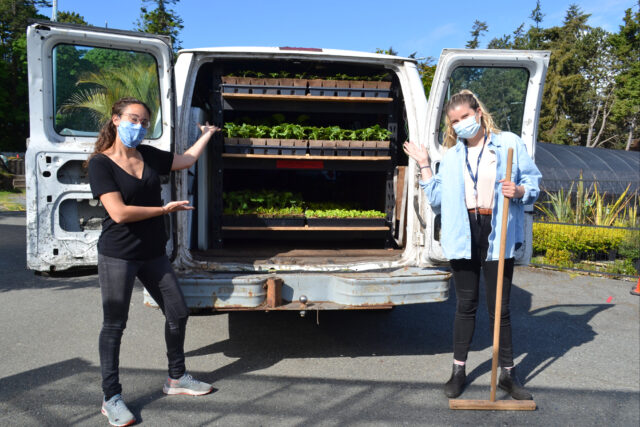
Grow Food, Grow Gardeners, Grow Community
July 15, 2021 — The Big Picture
BY MAYOR LISA HELPS
July 19, 2021
For the last five years, Victoria City Council has been taking action to address food insecurity and help ensure access to healthy affordable food for those who need it most. So we had a strong foundation to respond quickly when the pandemic hit. We also had history on our side.
In Victoria during the Great Depression, a portion of the city’s largest park was used to grow potatoes for the orphanage and the old men’s and women’s homes. During this time, the City also gave vegetable seeds to families receiving relief and offered up vacant lots for food growing. There was even an annual vegetable garden contest sponsored by the City Council; the first prize for most productive garden was $25.
Fast forward to the 21st century. In 2012, Victoria adopted an Official Community Plan (OCP) – which is the overarching document guiding land use and development in the city out to 2041 – and included a chapter on Food Systems. This signalled that urban food security would be a key focus in Victoria over the next three decades. To bring the OCP direction to life, in 2015 the City launched a comprehensive community engagement process which resulted in the Growing in the City strategy. Growing in the City expands policies and programs to enable urban food production and to build community.
Since 2016, we have implemented several actions including increased resources to assist community-led gardening and food systems projects. This includes new granting streams, hiring two Food Systems Coordinators who work in the City’s parks department, and most importantly, the development of programs and resources that support community-led urban gardening and food production in public space and regulations that enable growing food to sell. Over the past few years, we’ve seen small backyard farm stands popping up on porches and at the end of driveways, where residents sell their surplus produce to their neighbours.
When the pandemic hit, food insecurity in our community became quickly visible. With the basic infrastructure and community connections in place, we were ready to respond quickly. In the spring of 2020, the City launched Get Growing, Victoria! City staff leapt into action and repurposed city greenhouses to grow food seedlings for people in our community most disproportionately impacted by the pandemic including Indigenous people, racialized people, people who lost their jobs, people who are immunocompromised, people living with cognitive, physical, financial, or social barriers or disabilities, seniors, youth, families in need, unhoused people, and/or people who self-identify as food insecure.
In 2020, Get Growing, Victoria! provided over 80,000 food seedlings in the spring and fall, as well as educational materials, and over 200 tonnes of garden materials like compost and leaf mulch to local residents in partnership with community organizations. The goals of the program were to grow food, grow gardeners, and grow community.

Like many pandemic-inspired innovations in cities across the country, Get Growing, Victoria! is here to stay. The initiative was such a success last year, that Council approved it as a permanent program. This spring, demand has outstripped supply in its first round of 50,000 seedlings. And as I write, the strong ecosystem that’s sprung up to support Get Growing, Victoria! – including city staff passion and expertise and city assets, our community centre network, and local food growing and educational organizations – is fully mobilized getting the seedlings into people’s hands, and into their gardens.
All the good taking place in Victoria is happening because our city is the home of many people who believe that urban gardening and food production builds community and helps create healthy and diverse ecosystems. These are the folks who show up, build community gardens, launch a mini seed library for their neighborhood, share their knowledge, time and sometimes even backyards with each other. They create boulevard gardens, operate urban farms, and so much more.
What all of the city’s food growing programs have in common – from seedling distribution, to our boulevard gardening program, to urban farm stands – is that they do far more than provide much-needed healthy, low cost food. They help to create a sense of neighbourliness and belonging. They inspire conviviality and connection. And most importantly of all, they build community resilience, which is a key element for cities in navigating through all the challenges and uncertainties the decades ahead will bring.
Some of the actions the City of Victoria has taken and the resources we’ve created may be of interest to other communities:
Community Gardens
- The City provides in-kind support to community gardens, including the installation of a water connection for new gardens on City land, waiving water fees for all community gardens, and the bi-annual delivery of leaf mulch, compost and woodchips.
- The Building a Community Garden in My Neighborhood Guide
- A map of existing community gardens and a land inventory identifying City-owned land with community gardening potential. See Community Gardens Feature Map.
Boulevard Gardens
- Boulevard Gardening Guidelines help beginners and experts garden on City boulevards. No permit is required to garden a boulevard, but the guidelines must be followed.
Urban Food Tree Stewardship Program
- This program enables residents to partner with non-profit organizations to plant, maintain and harvest food trees on City land.
Pollinators
- Resources to support pollinator gardening are available here. And working with the City’s Accessibility Advisory Committee, we’ve created a guide for Pollinator and Allergy-Aware Gardening Guide.
Urban Food Table
- The Urban Food Table is the City’s advisory group for all things related to urban gardening and food production. This is a dynamic, passionate, and insightful group helping shape food and gardening programs and policy in Victoria.
Educational materials
- Growing Together is a collaboration of people and organizations from across Coast Salish territories coming together to help people to grow their own food. Growing Together prioritizes social equity and accessibility considerations by providing videos that are closed captioned and translated in multiple languages.